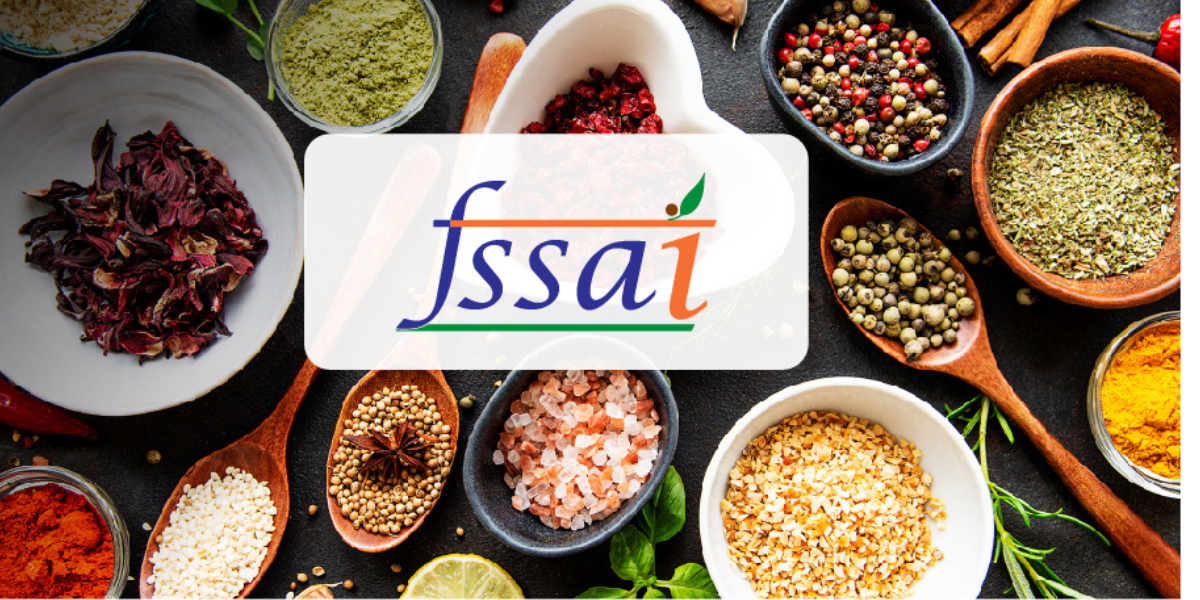FSSAI Clears MDH and Everest Spices Amid Global Concerns Over Ethylene Oxide
In response to international concerns regarding the presence of a “cancer-causing substance” in certain Indian spices, the Food Safety and Standards Authority of India (FSSAI) has conducted thorough testing and cleared more than a dozen samples from the MDH and Everest brands. The comprehensive analysis, which involved collecting samples from various states, found no traces of ethylene oxide (ETO), a substance feared for its potential carcinogenic properties.
The testing was performed in NABL-accredited laboratories, as mandated by the FSSAI, to ensure the highest standards of accuracy and reliability. In addition to the MDH and Everest samples, the FSSAI extended its scrutiny to 300 spice samples from other brands and similarly found no presence of ETO.
This rigorous testing process was initiated in response to heightened scrutiny from international food regulators. Authorities in Hong Kong, Singapore, Australia, and New Zealand had issued warnings against using certain spice products from MDH and Everest, citing the presence of ethylene oxide at levels exceeding permissible limits. These warnings had caused significant concern among consumers and prompted the FSSAI to take immediate action to verify the safety of these widely used spices.
To further ensure safety and compliance, the Spices Board of India, operating under the Ministry of Commerce and Industry, mandated that all spice consignments include an analytical report certifying the absence of ethylene oxide. This move aimed to restore confidence in Indian spice exports and reassure both domestic and international consumers.
Both MDH and Everest have consistently maintained that their products are safe for consumption. The recent clearance from the FSSAI supports their stance, providing a significant boost to their credibility and alleviating consumer concerns.
The FSSAI’s extensive testing and subsequent clearance of MDH and Everest spices highlight India’s commitment to maintaining high food safety standards and addressing global concerns promptly. This proactive approach not only protects public health but also supports the reputation of Indian spices in the international market.



